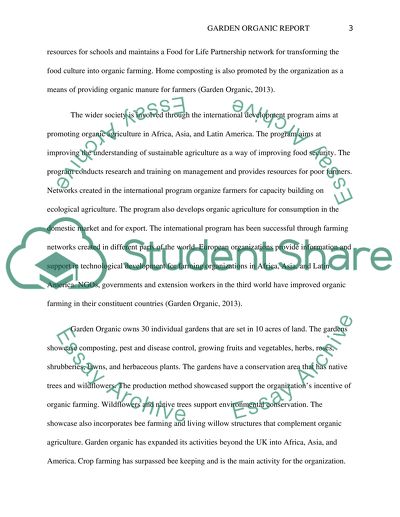Cite this document
(“Field Report on visiting Ryton Garden Organic. sustainability issues Coursework”, n.d.)
Retrieved from https://studentshare.org/environmental-studies/1467863-field-report-on-visiting-ryton-garden-organic
Retrieved from https://studentshare.org/environmental-studies/1467863-field-report-on-visiting-ryton-garden-organic
(Field Report on Visiting Ryton Garden Organic. Sustainability Issues Coursework)
https://studentshare.org/environmental-studies/1467863-field-report-on-visiting-ryton-garden-organic.
https://studentshare.org/environmental-studies/1467863-field-report-on-visiting-ryton-garden-organic.
“Field Report on Visiting Ryton Garden Organic. Sustainability Issues Coursework”, n.d. https://studentshare.org/environmental-studies/1467863-field-report-on-visiting-ryton-garden-organic.


